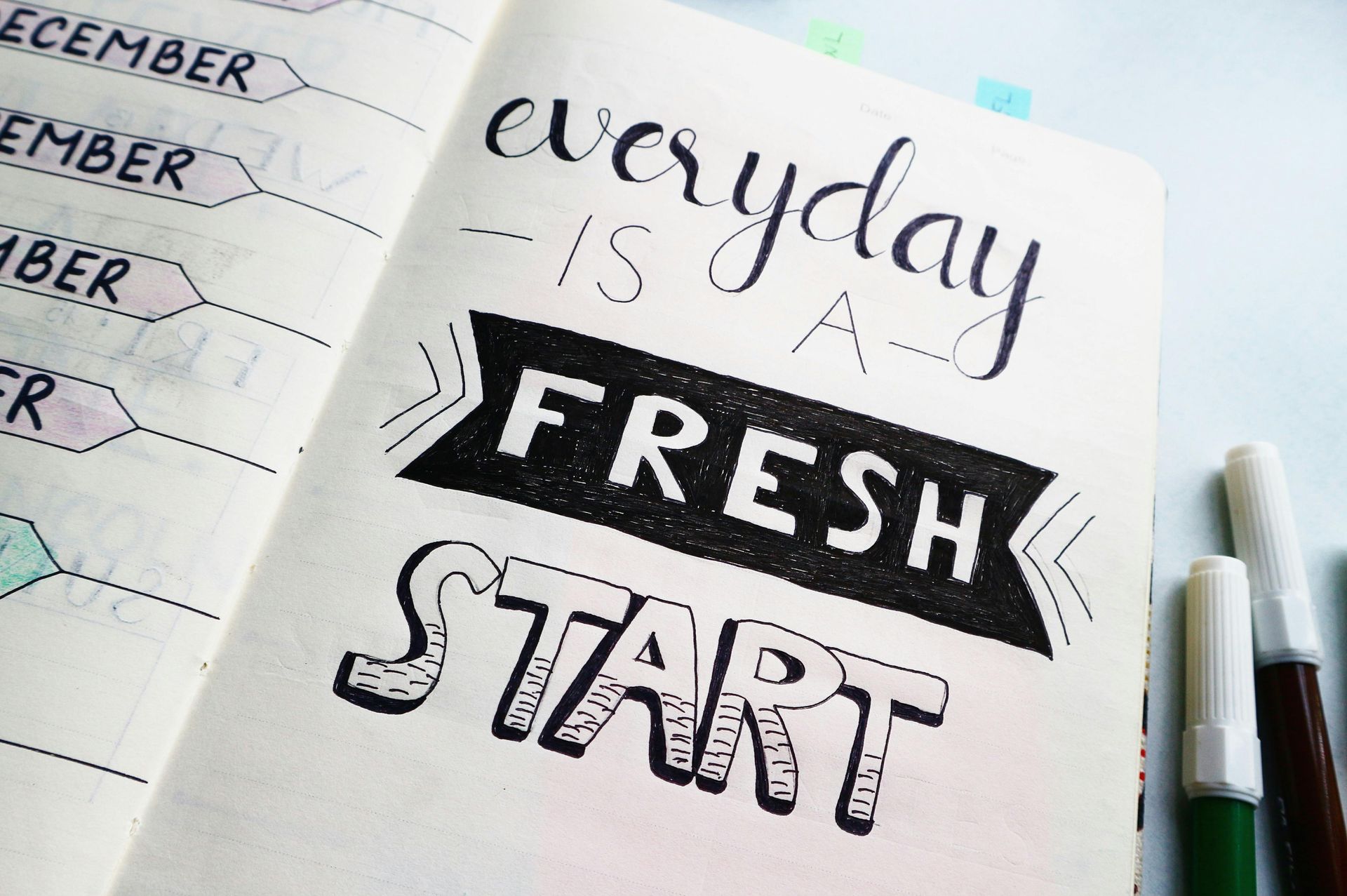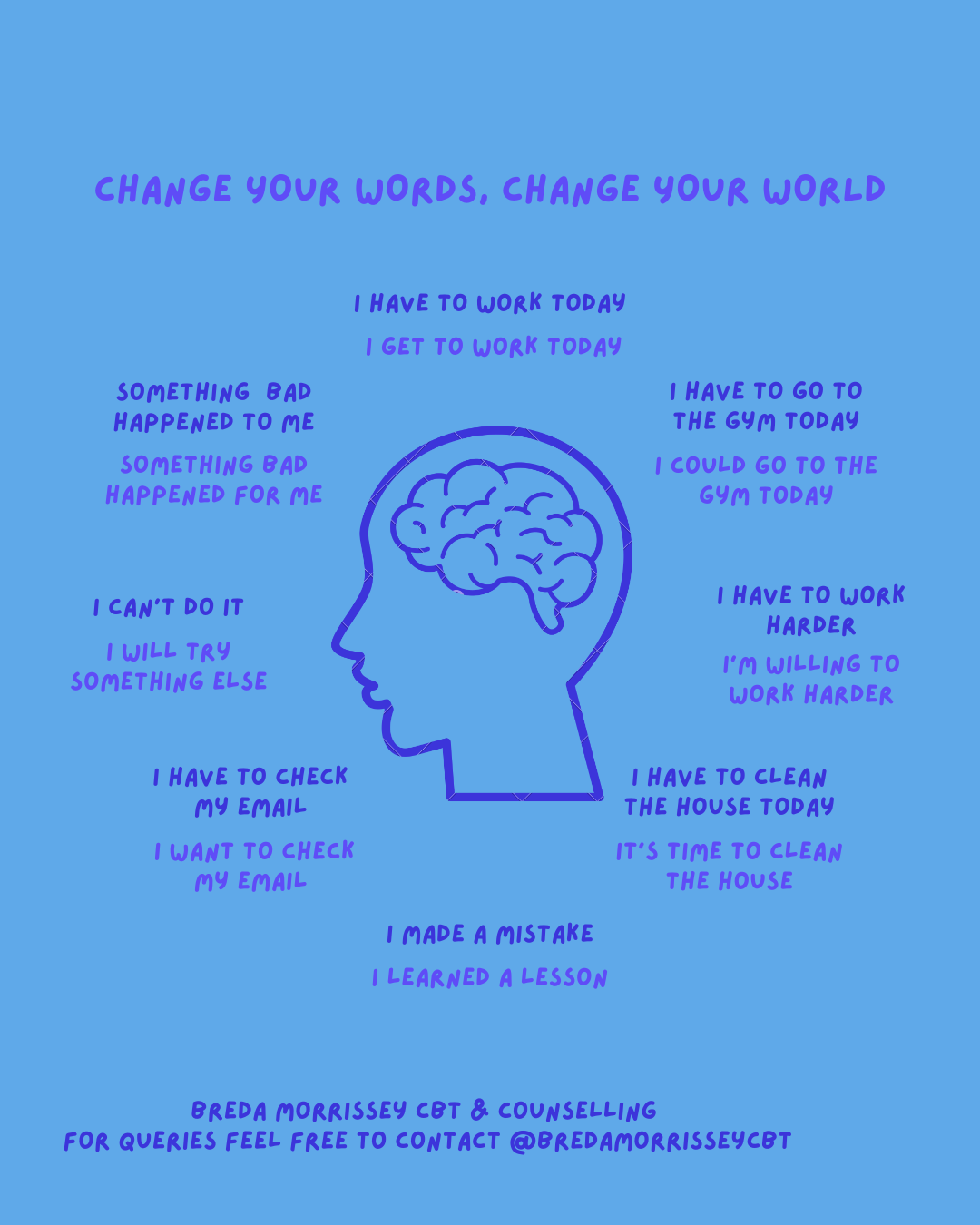Emotional Eating and How to Stop It
Do you eat to feel better or relieve stress? These tips can help you stop emotional and stress eating, fight cravings, and find more satisfying ways to feed your feelings.
Emotional eating is a tendency to eat in response to the negative emotions such as loneliness, boredom, depression or anger. Emotional overeating is an unhelpful response to stress. Because of the specific physiological response connected with negative emotions and stress – bodily state while experiencing these emotions is very similar to satiety. That is why the loss of appetite is treated as a more natural and more appropriate response to negative emotions.
If you are struggling to control emotional eating, please contact me 0838541298, bredamorrisseycounsellor@gmail.com, or www.bredamorrissey.com
People eat to reduce the negative feelings and replace them with comfort and positive emotions. Eating and food bring a pleasure connected with taste, the smell of food but also simple joy of having something that is “banned” or “forbidden”. The second reason is using food to distract ourselves from negative self-awareness or mask experiencing negative emotions. We shift our attention from uncomfortable feeling and the threatening situation to food and eating.
In the longer term, using eating as an emotion regulating strategy can lead not only to health and weight difficulties (digestion problem, feeling bloated, noxious or even vomiting) but also can be linked to lower overall well-being, low self-esteem, less social support, more symptoms of depression.
What is the answer?
Awareness of your own eating habits, your body and particularly your emotions and the way you deal with them. Mindful eating is a good strategy to practice.
Eating mindfully can allow us to recognise our triggers and habits. Usually, we don’t know how much, when and what we eat during the day. It makes identifying emotional eating almost impossible. Research showed that very often emotional eating involves high-calorie and high-carbohydrate food, and it is typically done in private. Acknowledging what type of food, you eat and what are circumstances of your meals and snacks can be a stepping stone to change the negative strategy.
Understanding our body and physical sensations can help to distinguish emotional hunger from physical hunger. Emotional hunger can be experienced more as a “craving” or “desire” of certain food. Often appear suddenly and it doesn’t necessarily have to be connected with the sensation in the stomach. It cannot be simply satisfied with a full stomach. Physical hunger appears gradually in between the meals and disappears as soon as your stomach is full. You feel comfortable and healthy after fulfilling physical hunger.
And last but not the least-mindfulness can be a great strategy to regulate emotions itself. Mindfulness and mindful eating give us time to experience and understand our negative emotions. Paying attention to our thoughts, emotions and behaviours gives us space to find an alternative strategy to cope with our difficult feelings and gain a perspective towards the stressful events.
Emotional eating is one of the problems we experience as a modern society connected with dieting and stress regulation. It develops as an inadequate response to negative emotions and in a longer-term can lead to both mental health and physical health difficulties. Mindful eating is one of the positive alternatives, that we can use to overcome emotional eating.











